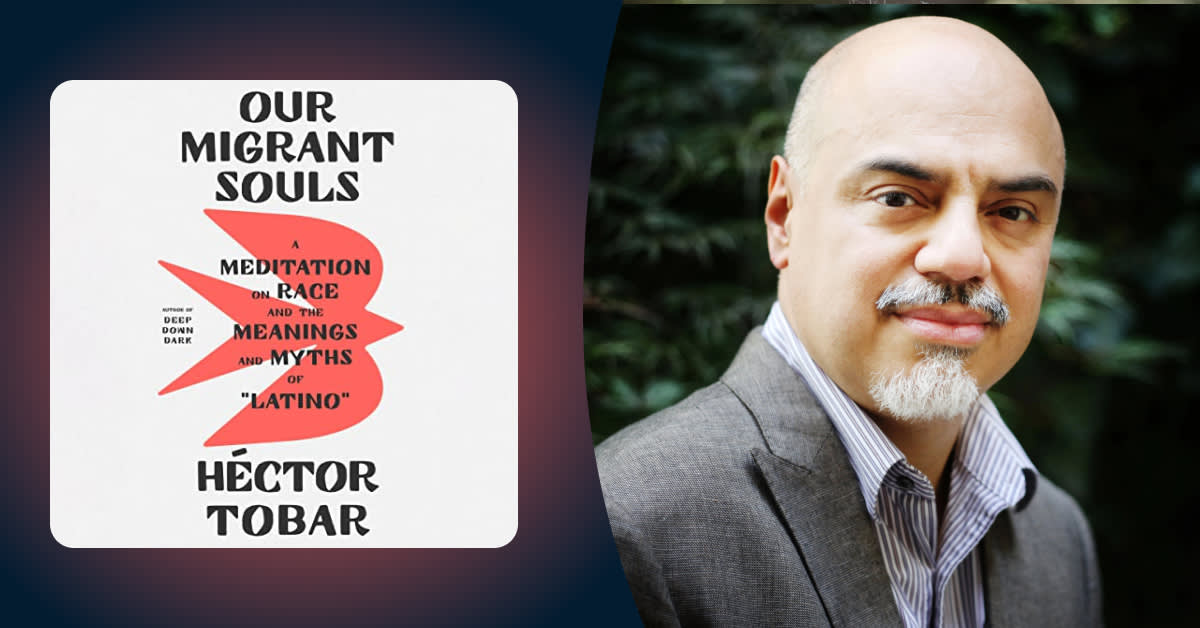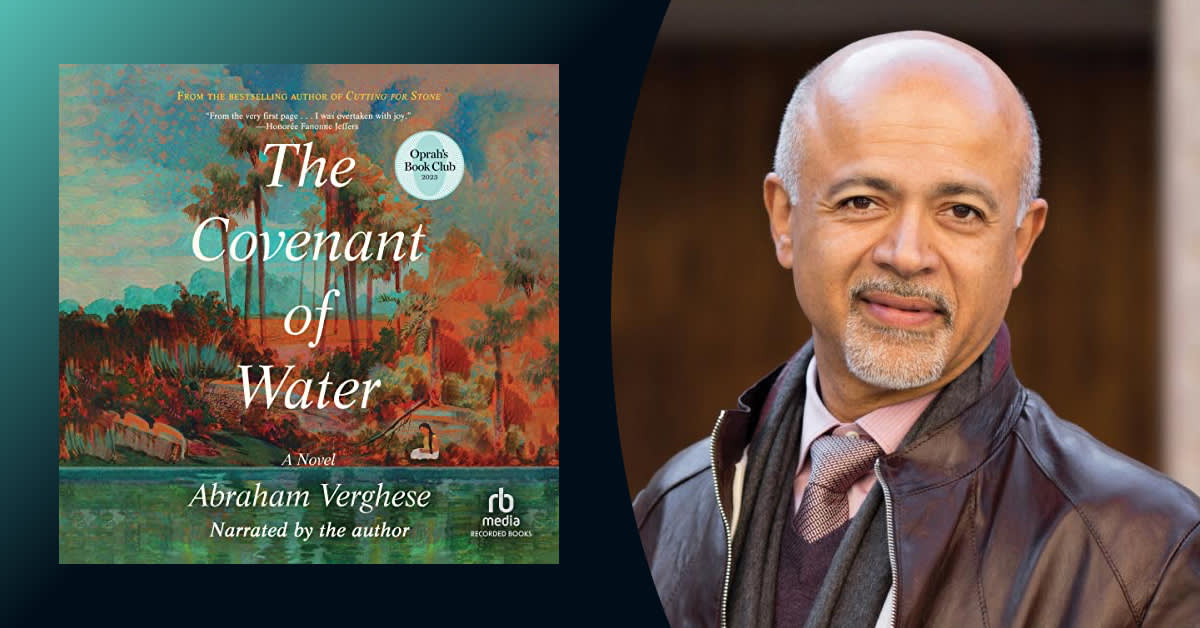Héctor Tobar is a Pulitzer Prize-winning journalist and the author of the critically acclaimed New York Times bestseller, Deep Down Dark. In his latest work, Our Migrant Souls, Tobar explores the complex development and identity of what it means to be "Latino" in today’s United States.
Audible: What inspired you to write this book?
Héctor Tobar: I wanted to write something that explained the ideas around “Latino,” “Latinx,” and “Hispanic,” as part of the race-thinking we see in the modern United States, and during the country’s history. There has been a revolution in this country in recent years in our understanding of what the terms “white” and “Black” mean, and how they have shaped how we think about our national identity. I wanted to write something that began to explain to people how ideas about “race” shape the way we think about the lives of the people called “Latino,” and how this country legislates their existence.
Our Migrant Souls talks about racial constructs pertaining to US Hispanics. One interesting point of the book is your commentary on the emergence of the cartel genre in TV and film. How do you see Latinos breaking free of some of these restrictive stories?
The worst sin of the cartel genre is that it creates an image of brown-skinned Latino people as an inherent danger to United States society, a portrayal that mirrors that of immigrants as criminals. At the same time, the cartel stereotypes crowds out most other representations of Latino people in American media. The remedy is to fight to create complex and nuanced representations of Latino people in film, theater, and television. We can do this creatively, by pushing ourselves to bring new kinds of art to the “mainstream,” and also in our communities, by pressuring the entertainment industry to look beyond stereotypes and see the fullness of our story.
Were there any longstanding assumptions about the Latino diaspora that you demystified while doing your research for Our Migrant Souls?
I was fascinated to discover the different ways Latino people have been shoehorned into the race classifications and categories of American history. “Mexican” was a race category alongside “White” and “Negro” in the 1930 Census, for instance. And to learn how some early Mexican American activists identified with whiteness and Europeanness. Beyond that, I was amazed as I gradually realized how much mixing has always defined “Latino” and various “Latin American” national identities. “Mexican,” “Guatemalan,” and “Peruvian,” for instance, are stories of the mixing of European, Indigenous, African, and even Asian identities that go back to the 17th century and beyond.
Tell us about André Santana—he is such a prolific narrator. How did he get the chance to voice your work?
Before the people at Macmillan Audio recommended him, I had not worked with André. I was really pulled in by the sample he submitted. His performance is truly moving to listen to, with lots of passion and precision, and also a sense of drama when the narrative calls for it. And I was gratified to see his kind words on Twitter about my book and that reading it was “an absolute journey.”
What do you want listeners to come away with after finishing Our Migrant Souls?
I’m very proud of the way my book tells the story of “Latino,” while weaving together stories from the many different “races” that make up the United States. Every day, more people are aware of the fact that “race” is an invention, a myth with a scientific air that has no basis in biology. I think I’d like people to read Our Migrant Souls and see how race obscures the powerful emotional commonalities in our experience as residents of the United States, and as human beings.





